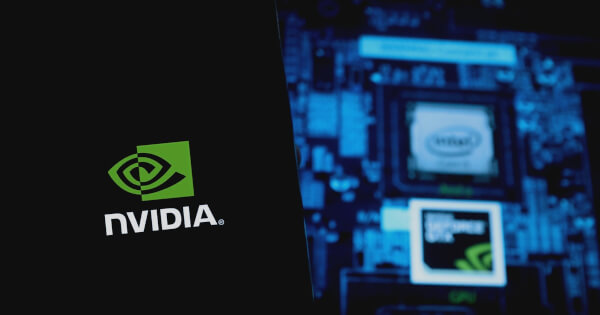
NVIDIA and Healthcare Leaders Explore AI’s Impact on Medical Innovation
NVIDIA’s CEO Jensen Huang has recently joined forces with leading figures from the medical industry at the J.P. Morgan Healthcare Conference to discuss the transformative potential of artificial intelligence (AI) in biomedical research, clinical trials, and pathology.
The event highlighted the pressing issue of labor shortages in healthcare, projected to reach a deficit of 10 million workers by the decade’s end, as noted by the World Health Organization. In response, the deployment of AI technologies, including foundation models and agentic AI, is seen as pivotal in streamlining drug discovery and clinical workflows, thereby enhancing productivity and care delivery.
Among the notable participants were Patrick Collison of Stripe and the Arc Institute, Christina Zorn from Mayo Clinic, Jacob Thaysen of Illumina, and Ari Bousbib of IQVIA. These leaders announced collaborations with NVIDIA to push forward in drug discovery, genomic research, and AI-augmented healthcare.
During the event, Huang reflected on the rapid evolution in AI, from large language models to physical AI, emphasizing the potential of agentic AI models capable of reasoning and problem-solving. NVIDIA’s recent introduction of the Cosmos platform, a cutting-edge AI system designed to predict actions in robotics, was also discussed as a key innovation in this space.
Industry leaders also shared insights into their efforts to support long-term scientific research, fostering breakthroughs through sustained funding. The Arc Institute has already led to the development of Evo, a model understanding the languages of DNA, RNA, and proteins, with further collaborations with NVIDIA underway.
Mayo Clinic is exploring the integration of AI with one of the world’s largest pathology databases, aiming to revolutionize cancer treatment. Additionally, the clinic is considering the use of robotics to mitigate future workforce shortages.
IQVIA also discussed the complexities of integrating multimodal AI models to enhance biomedical insights and streamline clinical processes. IQVIA is leveraging NVIDIA’s technology to create AI workflows that improve clinical trial efficiency and healthcare planning.
NVIDIA’s commitment to healthcare innovation was further underscored by Kimberly Powell, the company’s vice president of healthcare, during her presentation at the conference. Powell announced new resources for developers, including the NVIDIA NIM microservice for molecular generation and the BioNeMo Blueprint for protein design, expanding the company’s suite of AI tools for the healthcare sector.
For more information on NVIDIA’s initiatives in healthcare, please visit their blog .
Source: Blockchain.News


